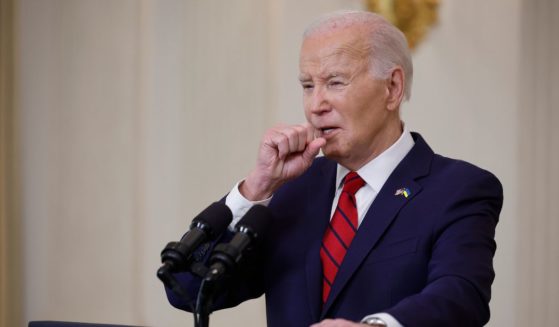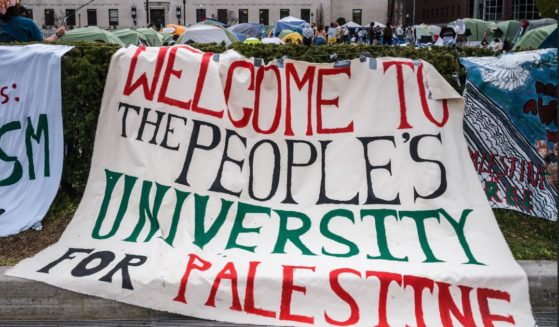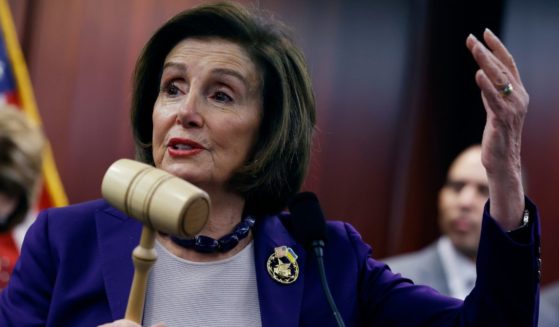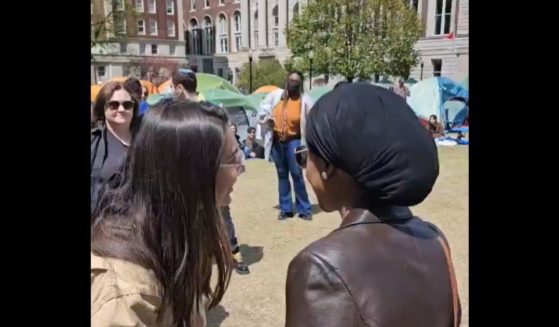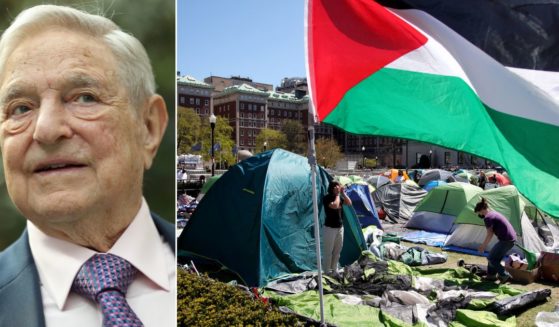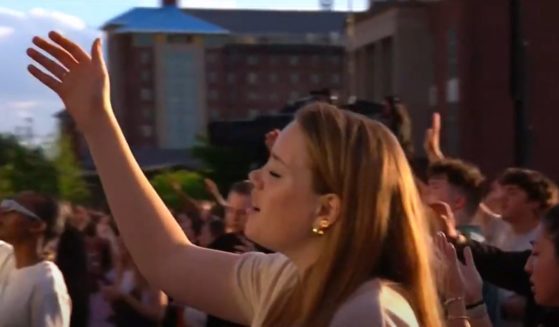Here Are the States That Have Slowed Down the Most Due to COVID Shutdowns
Just as the impact of the coronavirus has varied greatly by state, the impact of restrictions imposed by governments to address the spread of the disease has resulted in different degrees of change across America.
To ascertain which states have slowed down the most, WalletHub tried to measure how much Americans have changed their routines by mining the Google COVID-19 Community Mobility Report for information on visits to places Americans commonly go.
The survey measured the increase or decrease in visits to retail and recreation sites, grocery stores and pharmacies, parks, transit stations, workplaces and homes. Each category got a numerical value of up to 16.67 points, with the state total being the combination of the various categories.
The survey found that Hawaii was the state where people were hunkering down at home the most, while Nebraska was the one where the restrictions imposed had the least impact on visits.
Hawaii scored 91.98 points and showed the greatest change in visits to parks, transit stations and grocery stores and pharmacies.
New York showed the second-greatest degree of change overall and led the nation in the greatest change in visits to retail and recreation sites.
New Jersey placed third overall, followed by Vermont and Nevada, the latter of which showed the greatest change in trips to workplaces. Multiple states tied for the greatest impact of the virus on visits to homes.
Although Nebraska showed the least overall change in visits to the key places, it did not rank at the bottom of the list in terms of the impact of the virus on visits to any of the key categories. Trailing Nebraska in terms of the least change in overall visits were, in order, Kansas, Arkansas, Kentucky and Iowa.
Mississippi and Arkansas were tied for the least change to retail and recreational sites. Iowa showed the least change to grocery stores and pharmacies. Kansas showed the least change in visits to parks, while Wyoming showed the least change in visits to transit stations. Arkansas had the least change in visits to workplaces. Multiple states tied for the least change in visits to homes.
Although most states issued stay-at-home orders in response to COVID-19, Arkansas, Iowa, Nebraska, North Dakota, South Dakota and Wyoming did not issue statewide restrictions.
Arkansas Gov. Asa Hutchinson has said a statewide lockdown was not needed, according to CNN.
He said the need for a lockdown is not a one-size-fits-all issue.
“It just reflects the flexibility a state needs. I applaud New Jersey and New York. They’ve had to really lock down,” he said.
Hawaii’s current lockdown might be relaxed in a month, Mark Mugiishi, president and CEO of the Hawaii Medical Service Association, said Tuesday, according to the Honolulu Star-Advertiser.
“This is a long-term challenge,” Gov. David Ige said. “We will have to live with COVID-19 in our community for a long time.”
Ige said he wants to restore normal activity but will be cautious.
“We’ve seen the decline in business activity, and the impacts it’s had with Hawaii going from one of the states with the lowest unemployment rates to the state with the highest unemployment rate, really, in the span of four to six weeks,” he said Monday.
“We want to — when the conditions are right — be able to restore to some normalcy activity in our community.”
“We’re moving as fast as we can,” said Alan Oshima, former Hawaiian Electric president and CEO who leads the state’s recovery effort. “This has to be a soft opening of our state, not one for all.”
Truth and Accuracy
We are committed to truth and accuracy in all of our journalism. Read our editorial standards.


